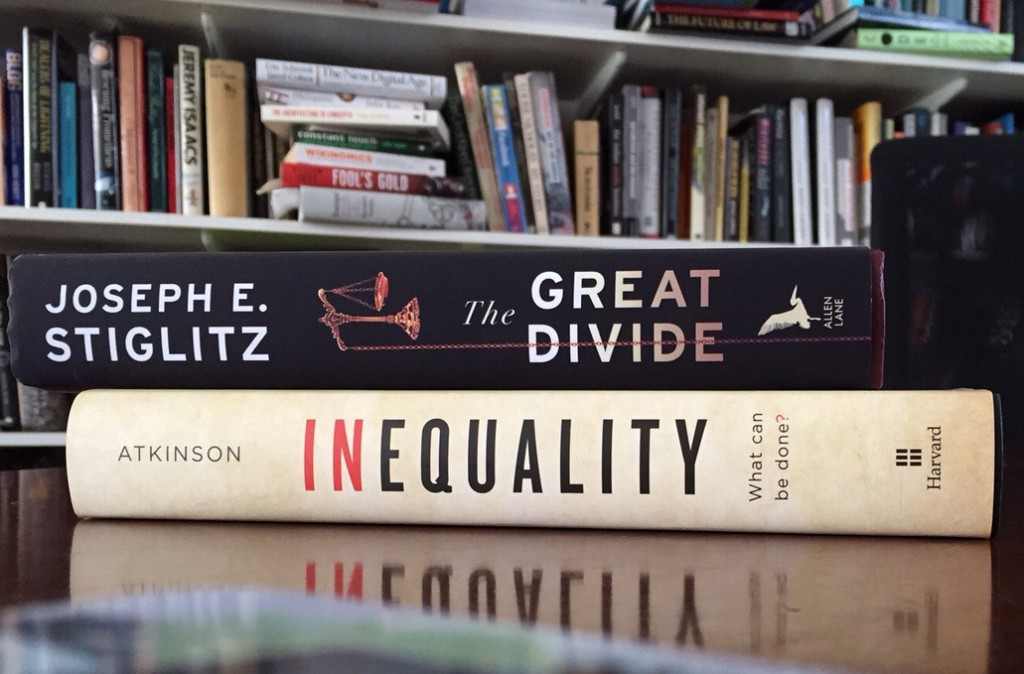Lots of people, including Cass Sunstein, have written about the gap between the Internet’s potential to become the greatest marketplace of ideas the world has ever seen, and the actuality, which is that most of us seem to prefer to operate inside digital echo chambers.
Nick Corasaniti thinks that use of the ‘Unfollow’ button on social media may be the way in which people now construct their own echo chambers.
With the presidential race heating up, a torrent of politically charged commentary has flooded Facebook, the world’s largest social networking site, with some users deploying their “unfollow” buttons like a television remote to silence distasteful political views. Coupled with the algorithm now powering Facebook’s news feed, the unfollowing is creating a more homogenized political experience of like-minded users, resulting in the kind of polarization more often associated with MSNBC or Fox News. And it may ultimately deflate a central promise of the Internet: Instead of offering people a diverse marketplace of challenging ideas, the web is becoming just another self-perpetuating echo chamber.




